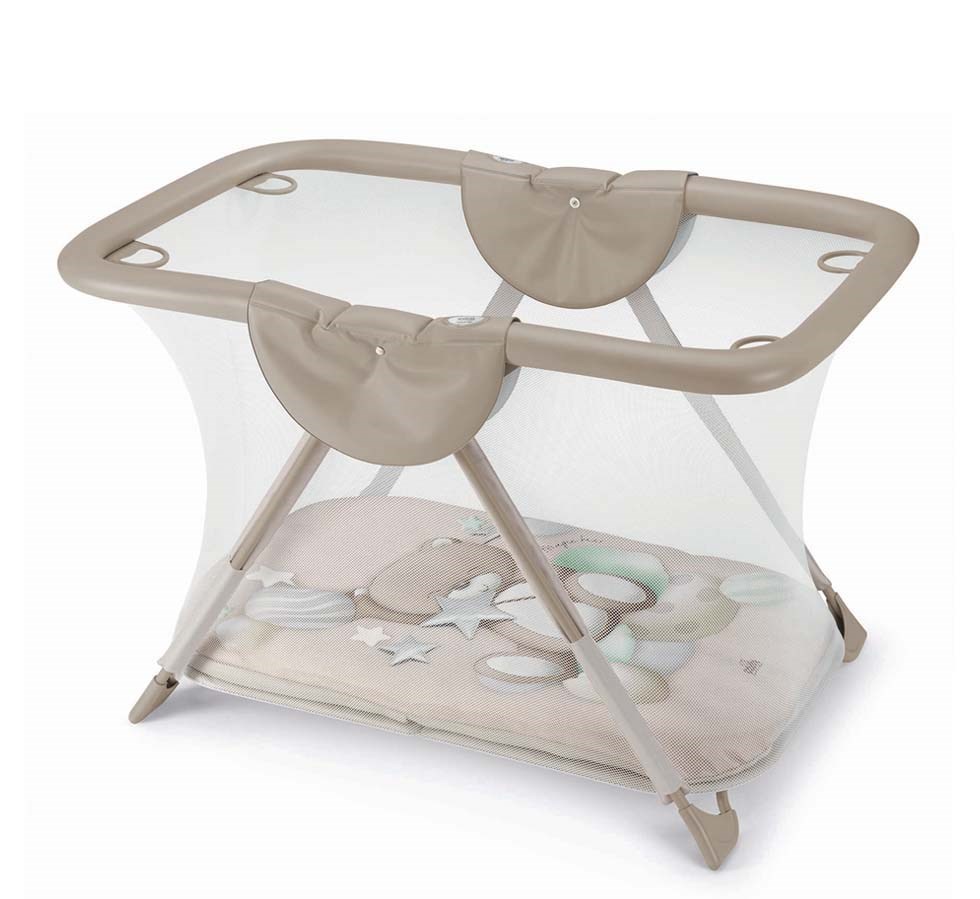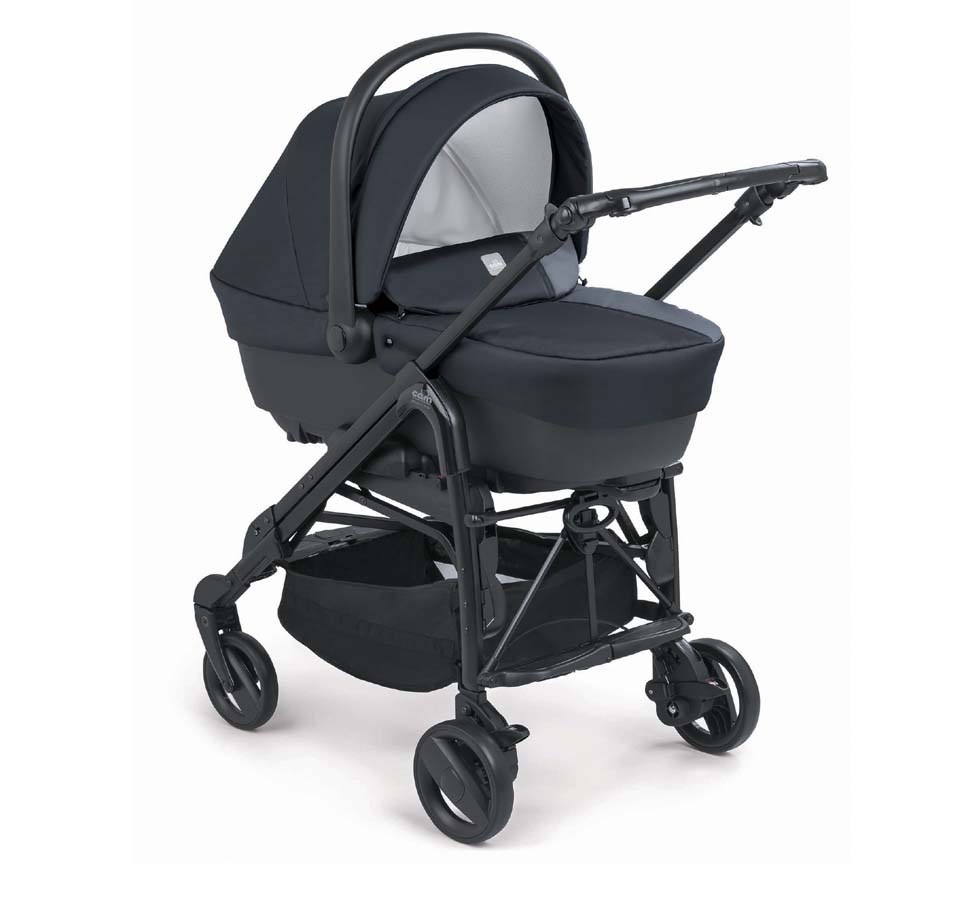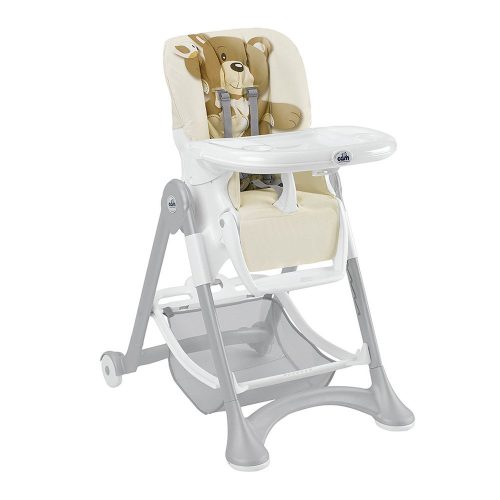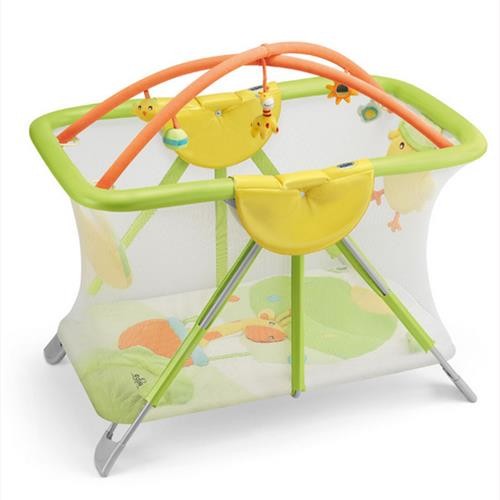
CAM Il Mondo del Bambino - art.V425 - Pannolini, Misura 2, 3/6 kg - 21 Pezzi - TG 2 DA 3-6 KG : Amazon.it: Prima infanzia

CAM Il mondo del bambino C203008/219 Volare, fasciatoio per bambini | Cosmico - Migliori, recensioni e opinioni

CAM Il Mondo del Bambino - art.S334/242 - Rialzo da sedia Idea - CONIGLIO : Amazon.it: Prima infanzia

CAM Il Mondo del Bambino - art.B122/C260 - Box Brevettato Millegiochi - made in Italy - ideale da 0 a 15 kg - ORSO LUNA : Amazon.it: Prima infanzia









.jpg)




